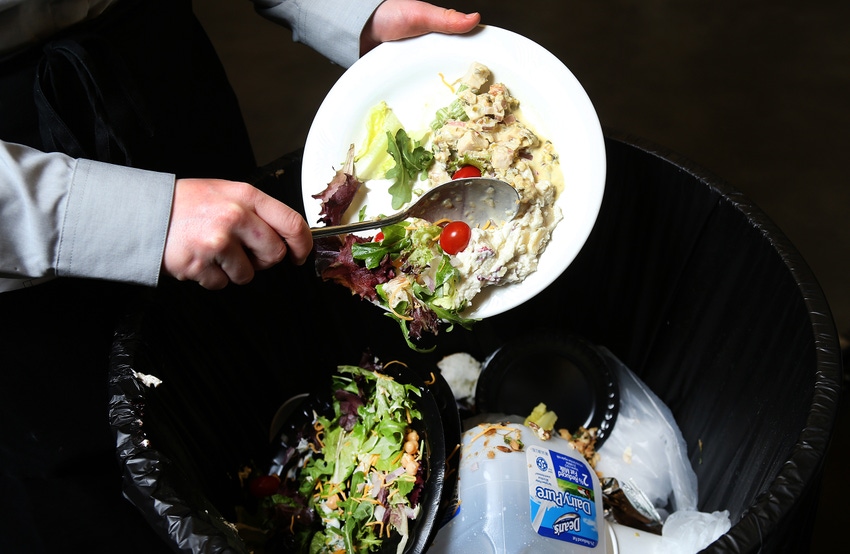New Jersey Senate Passes Bill to Combat Food Waste
The bill would require large food waste generators to source separate food scraps and send them to an authorized food waste facility.

The New Jersey Senate has passed legislation sponsored by Sen. Kip Bateman (R-16) to combat food waste by amending the definition of Class I renewable energy and requiring certain solid waste generators to separate and recycle food waste.
Roughly 133 billion pounds, or approximately 31 percent of the overall food supply generated in the United States every year is wasted, according to the United States Environmental Protection Agency.
“A number of towns in New Jersey, such as Princeton and Lawrence Township, have already taken action to encourage their residents to recycle food waste. New Jersey as a whole needs to do more to tackle this environmental crisis,” said Bateman in a statement. “By reducing food waste, we can combat climate change and address food insecurity at the same time.”
Senator Bateman’s bill, S-4039, would require every large food waste generator that is located within 25 road miles of an authorized food waste recycling facility and generates 52 or more tons per year of food waste to source separate that food waste and send it to an authorized food waste recycling facility that has available capacity and will accept it.
The bill requires these facilities to begin complying with these requirements by January 1, 2020.
The legislation defines a “large food waste generator” as any commercial food wholesaler, distributor, industrial food processor, supermarket, resort, conference center, banquet hall, restaurant, educational or religious institution, military installation, prison, hospital, medical facility or casino that produces at least 52 tons per year of food waste.
Food waste contributes to 18 percent of the total U.S. methane emissions that come from landfills. This crisis also impacts food insecurity, resource conservation and contributes to climate change.
As Bateman noted, several New Jersey towns, such as Princeton and Lawrence Township, currently offer residential food waste programs, including curbside pickup of food waste. The New Jersey Department of Environmental Protection also offers “Food Waste, Tire & Public Spaces Bonus Recycling” grants to counties and municipalities. These grants were awarded on a competitive basis and enabled local governing bodies to establish food waste recycling operations and provide more recycling opportunities in public spaces. Bateman added that his legislation is the next logical step in the fight to combat food waste statewide.
“As the most densely populated state in the nation, we have an enormous responsibility to do everything we can to address climate change head on,” added Bateman. “This bill will create innovative opportunities for food recycling and could even encourage the construction of new food waste-to-energy facilities statewide. I hope it becomes law as swiftly as possible.”
About the Author(s)
You May Also Like


